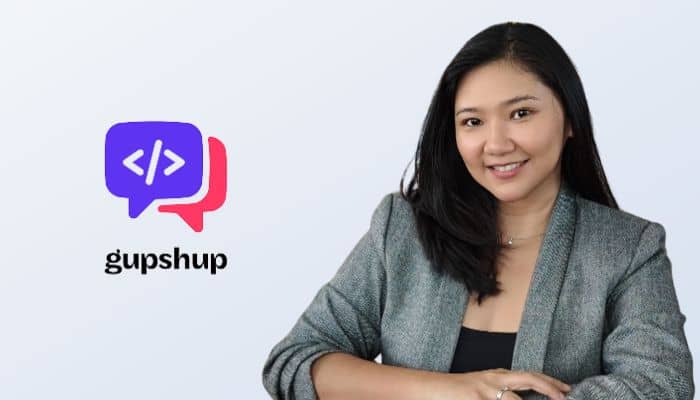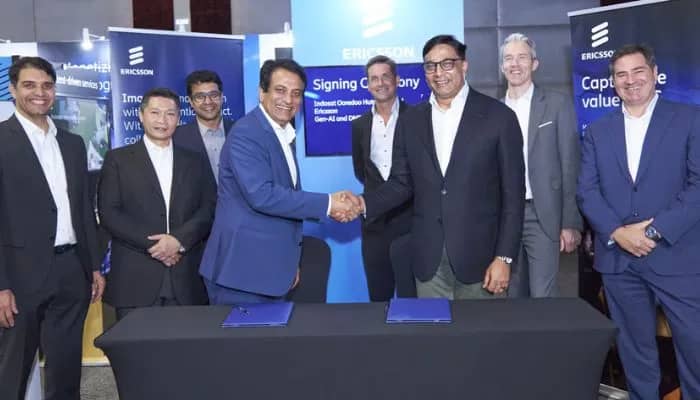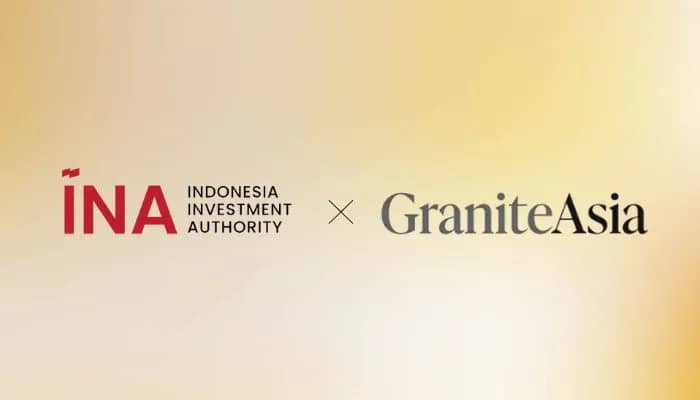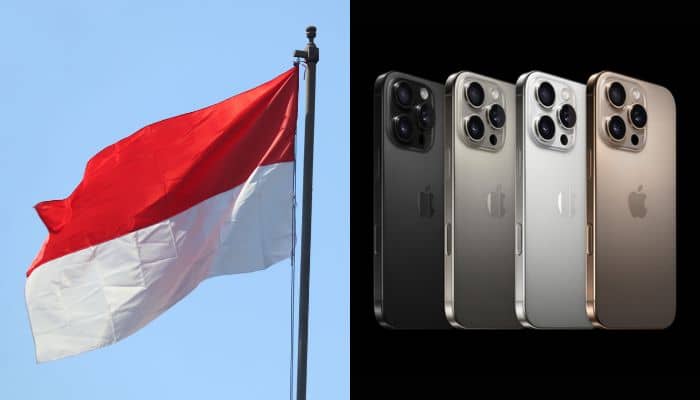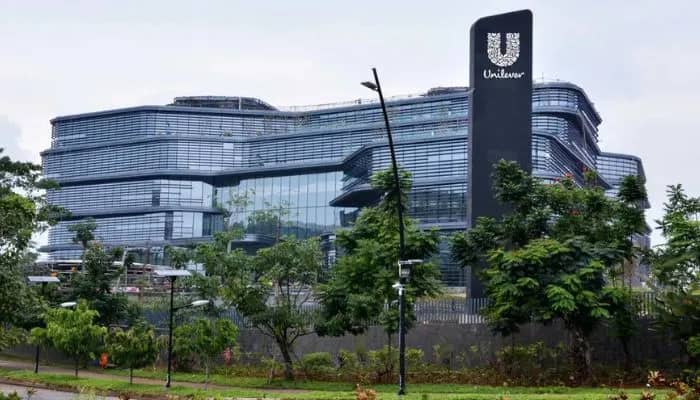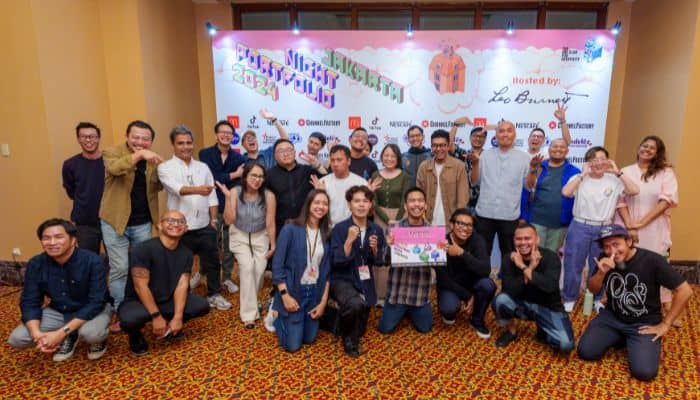As we dive into the fast-changing world of marketing in 2024, it’s clear we’re in for some big shifts. Tech is advancing faster than ever, people’s buying habits are constantly evolving, and major global events are influencing how brands connect with audiences.
With all these moving pieces, it’s more important than ever for marketers to stay ahead of the curve and think strategically about what’s next. In a time when change is the only constant, discussions about the future of marketing aren’t just helpful—they’re essential to staying relevant and competitive in this unpredictable landscape.
At MARKETECH APAC’s recently concluded What’s NEXT in Marketing: Indonesia 2024 conference, the event–being the inaugural conference of the series and the first one in Indonesia–saw fruitful discussions and presentations on the future of marketing innovation and trends which can be used to transform marketing campaigns and the way brands engage with their audiences and drive success in the local market.
For the morning part of the conference, attendees were treated to a range of discussions from data-driven personalisation strategies, reimaging CX in the age of AI and taking advantage of omnichannel strategies, as well as how to properly leverage neuromarketing in digital marketing properly.
The speakers for the morning session included:
- Kelvin Hong, Director of Brand Marketing at A&W Restaurants Inc.
- Mediko Azwar, Chief Marketing Officer at Blue Bird Group
- Ilham Pratama, Head of Marketing at Chery Motor
- Daniil Pisarenko, Country Manager at Go Mobile
- Asnawi Jufrie, Vice President & General Manager of Southeast Asia at SleekFlow
- Hetarth Patel, Vice President – Growth Markets (MEA, Americas, APAC) at WebEngage
Meanwhile, the afternoon part of the conference focused on navigating marketing strategy evolution with generative AI, the role of consumer insights in redefining marketing strategies, digital advertising strategies to retain audiences, and the future channels and trends shaping digital marketing strategies.
The speaker lineup for the afternoon part of the conference includes:
- Edo Damara, Director of Sales & Marketing at ASTON Priority Simatupang Hotel & Conference Center
- Irfansyah Kurnia Putra, Country Head of Marketing at IKEA
- Sawitri Soedarno, Country Head Marketing Indonesia at Jobstreet by SEEK
- Gaurav Gupta, Chief Marketing Officer & Integration Leader at Kimberly-Clark
- Herni Wijaya, Chief Growth Officer at Leverate Group
- Alexander Christian, VP of Marketing and Partnership at LinkAja
- Nachiket Desai, Country Director, Indonesia at M&C Saatchi Performance
- Munas Van Boonstra, Managing Director, Southeast Asia at Monks
- Mahesh Agarwal, Managing Director and Co-Founder at Neurosensum
- Yosua Tanuwiria, VP Marketing at Pluang
- Dedy Purwanto, Head of Marketing, Finance and Strategy at Quipper
- Ryan Dwana, Former Head of Marketing at Reku
- Bharat Buxani, Senior Vice President Marketing at Rumah123
- Irene Janti, Country Director of Brand & Marketing | Executive Committee at The Ascott Limited
The conference also included roundtable discussions, which allowed attendees to connect with industry peers, share valuable insights, and explore key marketing topics shaping the future of the industry which include content marketing, customer engagement, customer experience, customer Insights, data & analytics, generative AI, influencer marketing, omnichannel marketing, and performance marketing./ima
Moderating the sessions included:
- Nanang Siswanto, Marketing Director at Agrinesia Raya
- Bimo Darmoyo, Country Director – Commercial & Strategy at Cove
- Boby Hermawan, Head of Digital Marketing at Koltiva
- Jean Cabico, Regional Producer at MARKETECH APAC
- Katherine Sy, Regional Head of Content at MARKETECH APAC
- Munas Van Boonstra, Managing Director, SEA at Monks
- Mahesh Agarwal, Managing Director & Co-Founder at Neurosensum
- Erlangga Pribadi, Enterprise Account Executive at Sleekflow
- Rizqi Iznurhadi, Marketing Strategist at Sleekflow
- Anky Andikara, Sales Lead Indonesia at Telesign
- Hetarth Patel, Vice President – Growth Markets at WebEngage
MARKETECH APAC’s first-ever “What’s NEXT in Marketing” conference in Indonesia was made possible by sponsors Sleekflow and iDA by Indosat Business, as well as event partners Digital Ark Creatives, Go Mobile, Neurosensum, Telesign, and WebEngage.
The conference was attended by 190 delegates representing brands from Ace Hardware, Alamii Foods, Allo Bank, Astra Financial, Bank Jago, Bank Mega Syariah, BCA Digital, Citilink, Danone Indonesia, Evermos, Homwell Indonesia, Jagadiri, Kanmo Group, Kimia Farma Apotek, Kredivo, MODENA, Prudential Life Insurance, Watsons, amongst others.
Joven Barceñas, founder and CEO of MARKETECH APAC, expressed his appreciation for everyone who attended the recently concluded conference, emphasising the significance of driving key discussions for the marketing industry this year and beyond.
“Leading meaningful discussions for the marketing industry has never been more crucial, especially in a year marked by rapid change and new challenges. Your engagement and insights make all the difference as we work together to shape the future of our field, drive innovation, and create lasting impact in the region and beyond,” he stated.
The conference is part of a five-part conference series, with the subsequent conferences listed as follows:
For sponsorship opportunities, please contact Joven Barceñas at [email protected].
For speaking opportunities for these conferences, contact Katherine Sy at [email protected]; and for registrations, reach out to Hans Policarpio at [email protected].

